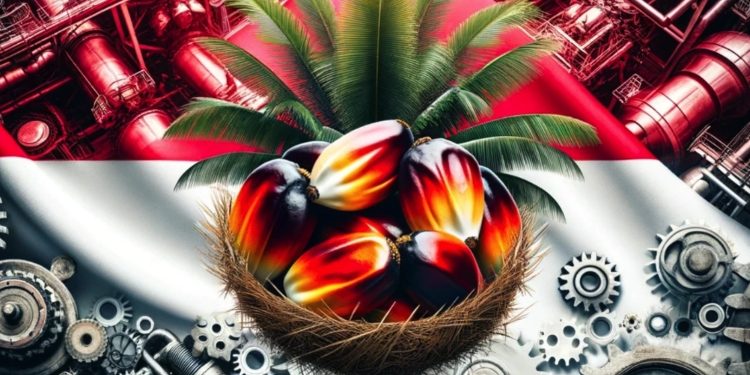Palm oil, in the modern global nexus, emerges as a cornerstone, driving various sectors ranging from food and beauty to biodiesel. The spiraling demand for palm oil over the years underscores its significance.
The industry of global palm oil production has admirably risen to the occasion, matching the soaring demand. Additionally, the stride towards sustainability has been noteworthy, especially when cultivated on suitable lands, palm oil stands as a lower emissions producer compared to its counterparts. The comprehensive measures aimed at reducing the environmental impact of palm oil are remarkable, slashing the life-cycle emissions considerably.
A delve into the Roundtable on Sustainable Palm Oil (RSPO)-certified plantations unfolds palm oil’s lesser lifecycle CO2e emissions, making a compelling case for its sustainability compared to sunflower or soybean.
The omnipresence of palm oil in the food aisle, stretching from baked delights, spreads, to instant noodles, and its pivotal role in the cosmetics and personal care aisle is a testament to its versatility. A little exploration reveals much more about palm oil’s unique attributes that favor its widespread usage.
The inherent resistance of palm oil to oxidation, extending its shelf life, and its suitability for high-temperature cooking, not to mention its vital part in the burgeoning biodiesel sector, outlines its multifaceted utility. The discourse around biodiesel and palm oil’s efficiency as a vegetable oil feedstock is a riveting one, spotlighting its potential in steering towards renewable energy.
A glimpse into the economic spectrum reveals a towering $60 billion industry, providing livelihoods to a significant populace. The repercussions of any disruptions in palm oil trade are far-reaching, potentially rippling through the global economy.
With a lion’s share in global vegetable oil production, palm oil is a heavyweight, with nations like Indonesia and Malaysia at the helm. The dynamics of international trade and the intertwined economies underscore the gravity of any abrupt shifts in palm oil policies.
Palm oil’s journey transcends the commercial realm, embedding itself in the spiritual fabric of certain cultures, especially in its birthplace, West Africa.
Addressing environmental concerns, initiatives like RSPO, alongside country-specific schemes, are monumental steps towards a sustainable palm oil industry, particularly in the leading producer nations.
Palm oil’s omnipresence and its entwinement with global economy is a narrative of its own. A deeper exploration into the various facets of palm oil, its environmental impact, and the strides towards sustainability is an enlightening journey, which can be undertaken here.
The narrative around palm oil, a commodity of global importance, transcends beyond mere commercial value, encapsulating environmental, economic, and cultural dimensions. A more extensive discourse unveils a panorama of insights, awaiting exploration.
David Prior
David Prior is the editor of Today News, responsible for the overall editorial strategy. He is an NCTJ-qualified journalist with over 20 years’ experience, and is also editor of the award-winning hyperlocal news title Altrincham Today. His LinkedIn profile is here.


![7 Best POS Software in the UK [2026 Edition]](https://todaynews.co.uk/wp-content/uploads/2026/02/7-Best-POS-Software-in-the-UK-2026-Edition-360x180.png)










































































